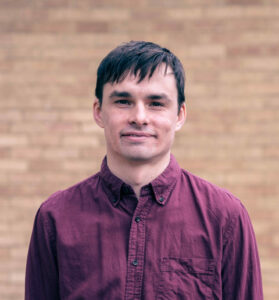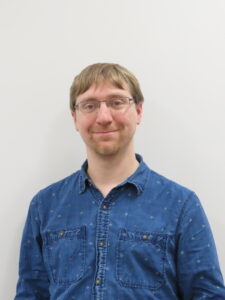The First Data From JWST: Providing Answers or Raising Questions?
Thursday 20th October 2022 from 19:00 for 19:30
Abingdon United Football Club (Northcourt Rd, OX14 1PL, Abingdon)
The James Webb Space Telescope, billed as the successor to Hubble, has been long anticipated. The largest telescope ever launched into space, it is designed to give us an unprecedented new view of galaxies in the early Universe.
After successfully launching on Christmas day 2021, six months of deployment and calibration culminated in the first set of stunning images released on the 12th of July.
This first release was only the beginning of Webb’s mission. Since then, more data has continued to flood in. But while JWST is performing brilliantly in delivering raw data back to Earth, the process of turning these raw data into answers to our questions about these distant galaxies is far from easy.

The real questions to answer are; What were the first galaxies in the Universe like? How did they form, and how did they evolve into the galaxies we see today?
Three months since JWST’s first images is sadly not long enough to provide answers to these questions.
Instead, in this talk Alex will discuss the challenges associated with working with a new telescope. He’ll also give a preview of what scientific results have been released so far, and what we can expect over the next year or so. In doing so, he’ll ponder the question of when we might expect to start to get some real answers.
Speaker: Dr Alex Cameron
 Dr. Alex Cameron is an astronomer in the Department of Physics at the University of Oxford.
Dr. Alex Cameron is an astronomer in the Department of Physics at the University of Oxford.
He hails from the small town of Wangaratta in rural south-eastern Australia, where the night sky looks stunning, especially in early spring. He did his undergraduate and PhD studies at the University of Melbourne, before moving to Oxford as a Postdoctoral Research Assistant in 2021. He is a member of the JWST/NIRSpec instrument team and had some involvement in the commissioning process after the launch of JWST. He is part of the “JADES” survey team who will analyse some of the deepest exposures that JWST will get within its first year of operation. His research interests involve trying to understand the evolutionary processes that have shaped galaxies over the last 13 billion years since they first formed in the early Universe until the present day.





